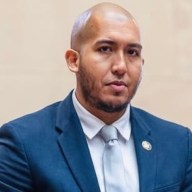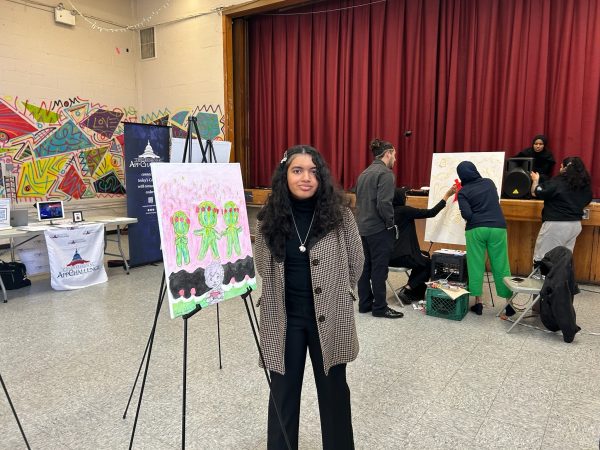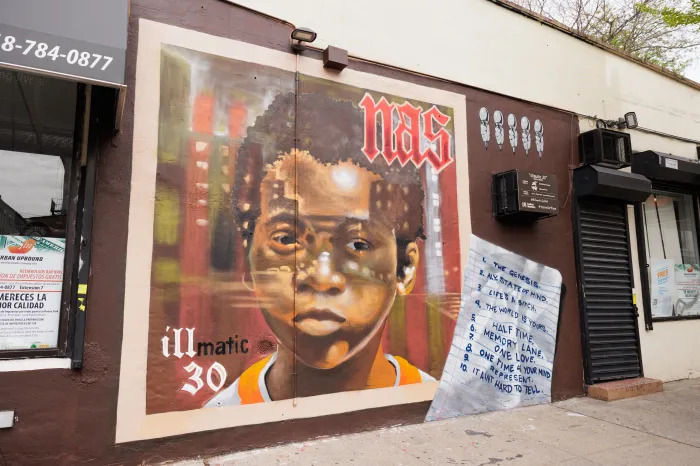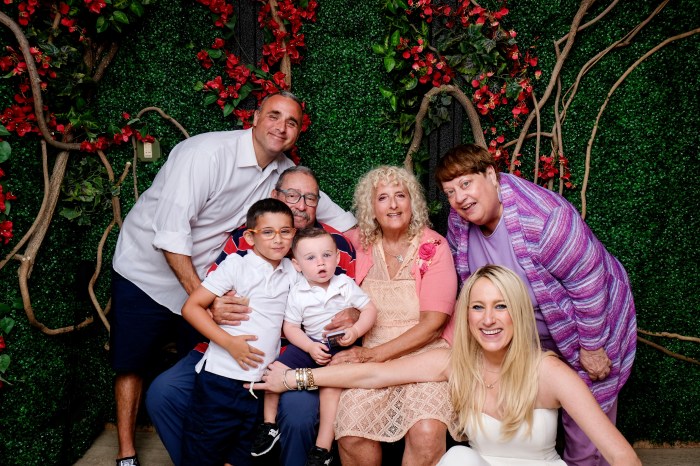In the catastrophe that is the current economy, even charitable organizations are in need of assistance. Thanks to a $100,000 grant from the federal government, Chhaya Community Development Corporation is reinvigorated in their quest to prevent the victimization of non-English speaking immigrants seeking housing.
The non-profit, which has specialized in foreclosures and tenants’ rights issues since its inception 11 years ago, recently won the grant from the United States Department of Housing and Urban Development (HUD) as part of the Limited English Proficiency (LEP) Initiative Program.
Located at 37-43 77th Street in Jackson Heights, Chhaya is one of only seven recipients of the grant nationwide. Seema Agnani, the executive director of Chhaya, says she is very proud that her staff of 12 was able to garner funding on a federal level.
In accordance with the program, Chhaya will assist clients lacking a proficiency in English in accessing information on HUD housing, programs, services and activities in their nativelanguages.In order to aid clients, Chhaya will produce pamphlets and literature, as well as perform educational workshops
“How well people speak English must not determine their access to safe, affordabl1e and decent housing free from discrimination,” said Adolfo Carrión, regional administrator of HUD. “Through these partnerships, HUD will ensure that the LEP individuals and families have meaningful access to information on fair housing, homeownership, lead abatement, housing assistance and countless other services.”
Chhaya was able to win the grant through a partnership with two other Queens-based non-profits: Neighborhood Housing Services (NHS), located in Jamaica, and MinKwon Center, located in Flushing.
Fifty percent of the grant will be given to Chhaya, with the other half divided equally between NHS and MinKwon.
“The economy now is so difficult, and these are services that are needed by all people,” said Patricia Kerr, program director of NHS. “Funding is limited, so this grant is giving us another resource to service the community.”
Agnani admits that she is unsure if Chhaya would have received the grant without its partners, and she believes the “diversity of the organizations” is what drew the interest of HUD.
Through the united efforts of the coalition, all literature will be translated into Mandarin, Korean, Nepali, Bangla and Spanish.
The grant comes at a time when Chhaya has seen its budget double due to the drastic increase in residents searching for assistance while facing foreclosure. Over the past few years, the organization’s budget has risen from $400,000 to $850,000.
“As the foreclosure crisis continued to impact our neighborhood, Chhaya’s role became more important, because we have both the language competency skills and the expertise to confront these problems,” Agnani said. “The grant is definitely going to help us sustain the organization, and will enable us to further address inequalities and discrimination in housing in New York City.”

































